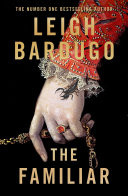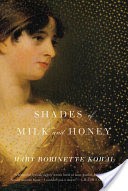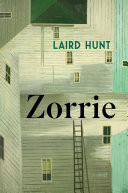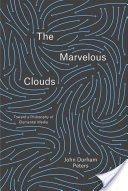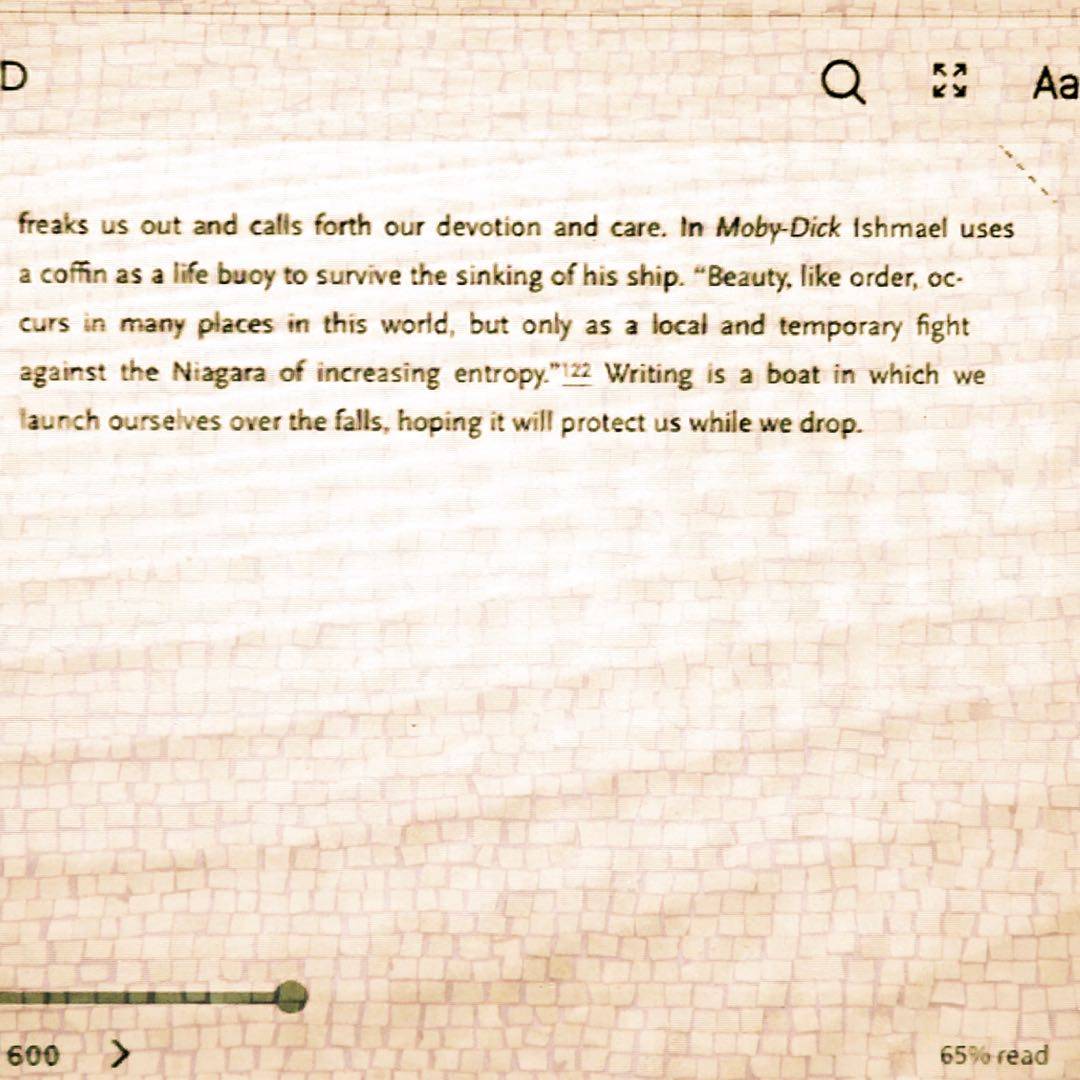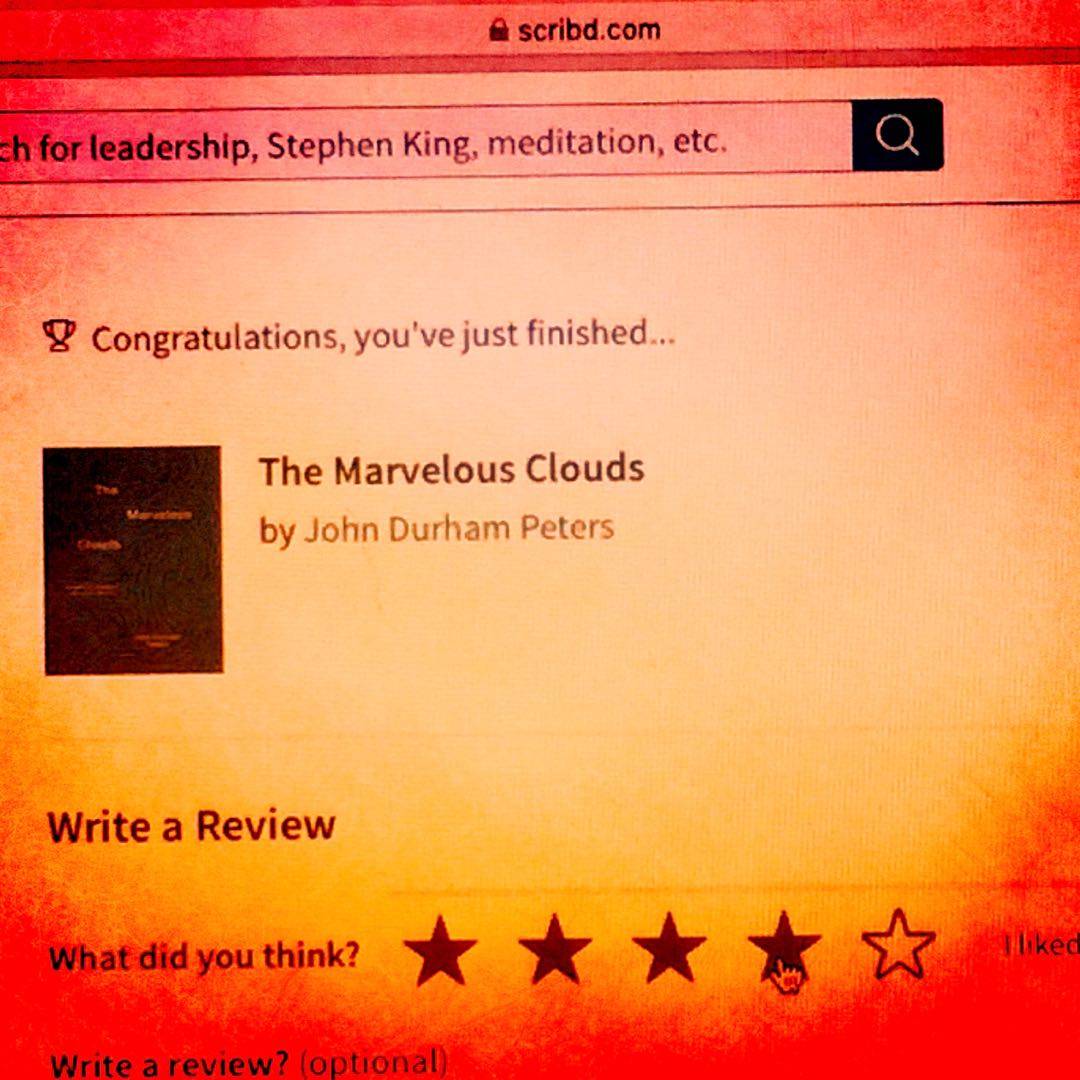
This is a weird and weighty book, which is probably why I liked it. Peters writes like I think - making connections that might seem odd on the surface (clouds, cetaceans, libraries, google, God, writing, clocks, calendars, weather, climate, Heidegger, McLuhan, and many lists), but reveal unexpected insights when you explore how they connect or overlap, compare and contrast.







